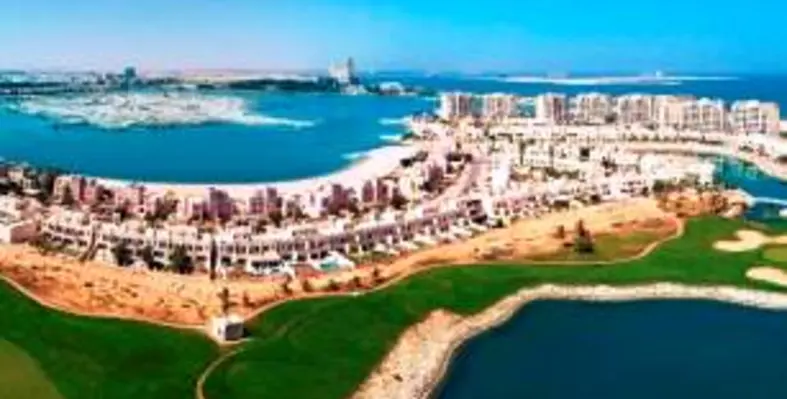Ras Al Khaimah?s (RAK) real estate developer, Al Hamra, will implement the RAK Recycles initiative across the entire community, helping the emirate reach its target to divert 75 per cent of all waste from landfill by 2021
The introduction of RAK Recycles across the emirate is managed by the Ras Al Khaimah Waste Management Agency (RAKWMA).
As part of the drive, households, schools, and businesses receive bags to separate waste into three main categories; food waste, clean, dry recyclables and general waste. Emirate-wide distribution of the bags is due for completion by the end June 2018.
Al Hamra general manager Benoy Kurien said, ?This is a landmark initiative that will significantly boost sustainability in Ras Al Khaimah and will create a new culture of recycling and waste awareness. On average, the emirate generates 550 tonnes of municipal solid waste (MSW) every day. As a responsible developer, we are keen to ensure our residents can play their part in helping to reduce reuse and recycle.
?As a luxury location, providing a tranquil environment to thousands of residents and visitors, we are fully committed to protecting the environment and helping the community to do the same. Recycling is a vital part of the UAE?s future waste management plans and, as such, developers have an important role to play in helping to provide access to recycling facilities.?
The scheme will see residents and businesses issued with two different coloured bags. The green bags are for items manufactured from plastic, including containers, bottles and sheets, as well as paper, cardboard, steel aluminium and glass. The brown bags are for food waste, including leftover food, out of date produce, eggshells and vegetable peelings.
Al Hamra?s strategy is vital to supporting RAK?s target to increase the amount of waste recycled every day, from seven per cent in 2016 to 75 per cent by 2021. Residents can recycle glass, aluminium, steel, paper, food waste and plastic through the separation system. Further, RAKWMA offers on-demand collection fofgarden waste, bulk waste, electronic waste and batteries.
Kurien added, ?As we see an influx of new residents moving to the emirate to enjoy the pace of life, scenery and beautiful homes we have here, so too we see a higher demand on services such as waste management. Al Hamra will continue to honour its commitment to the environment, the emirate and the 4,000 households that call Al Hamra Village home, by supporting environmental targets in a practical manner.?
Outreach and awareness manager, RAKWMA, Janet Hartzenberg, stated, ?RAK Recycles, as a government of Ras Al Khaimah funded and managed initiative to encourage and support recycling, is based on the principle of source separation as this has proven to be the most efficient and most cost-effective way to increase community recycling rates.
?The collaboration between groups such as Al Hamra and the Ras Al Khaimah Waste Management Agency, allows for accurate information regarding source separation to be quickly and effectively spread to residents to ensure success.?
?The delivery of brown bags, for the collection of food waste, and green bags, for the collection of dry, clean recyclables, will be managed as a joint exercise between Al Hamra and the Ras Al Khaimah Waste Management Agency.?
While waste-to-energy programmes have been successful in other emirates ? generating electricity or heat while diverting waste from landfill ? Ras Al Khaimah is the first to implement recycling collection at a government level for individual residences and businesses.
Not only does recycling reduce the volume of waste sent to landfill, it also contributes to the reduction of greenhouse gas emissions and toxins produced by landfill sites. These are expected to cause significant problems in the future as the World Bank Group predicts 2.2bn tonnes of MSW will be sent to landfills around the world, every year, by 2025.








